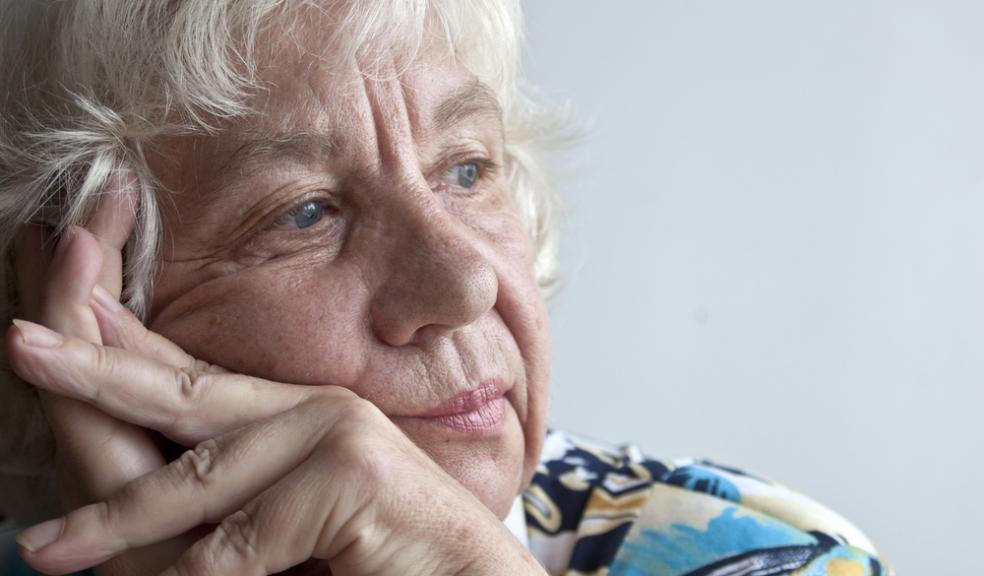
Minister highlights "national shame" of the "forgotten million" chronically lonely
Jeremy Hunt, the Secretary of State for Health, has made a speech highlighting what he will describe as the "national shame" of statistics that suggest that more than 800,000 people in the UK are "chronically lonely".
In a speech to the National Children's and Adults Services conference on Friday 18 October, Mr Hunt, whose wife is Chinese, contrasted the "reverence and respect for older people" prevalent in Asian cultures where "residential care is a last rather than a first option", with the UK's "problem of loneliness that in our busy lives we have utterly failed to confront as a society."
Speaking about Asian culture, he said that "the social contract is stronger because as children see how their own grandparents are looked after, they develop higher expectations of how they too will be treated when they get old.
"If we are to tackle the challenge of an ageing society, we must learn from this - and restore and reinvigorate the social contract between generations," Mr Hunt argued.
"And uncomfortable though it is to say it, it will only start with changes in the way we personally treat our own parents and grandparents."
Mr Hunt expressed his desire for the UK to become "the best place in the world to grow old in."
He also said that "something is badly wrong" as he raised the 112,000 cases of alleged abuse in care homes referred by English councils in 2012-13.
Mr Hunt argued that his plans to set up a new inspection and ratings regime of residential homes under the new Chief Inspector of Social Care, Andrea Sutcliffe, will help root out abuse and poor quality care.
The figure of 800,000 chronically lonely people in the UK has been reported by the Campaign to End Loneliness. The Campaign states that "research carried out over the last few decades has consistently shown that between 6% and 13% of older people say they feel always or very lonely (Victor, 2011). If approximately 10% of the population aged over 65 is chronically lonely, this equates to over 860,000 people in England (ONS, 2012). Almost 5 million older people say that the television is their main form of company (Harrop and Jopling, 2009).











